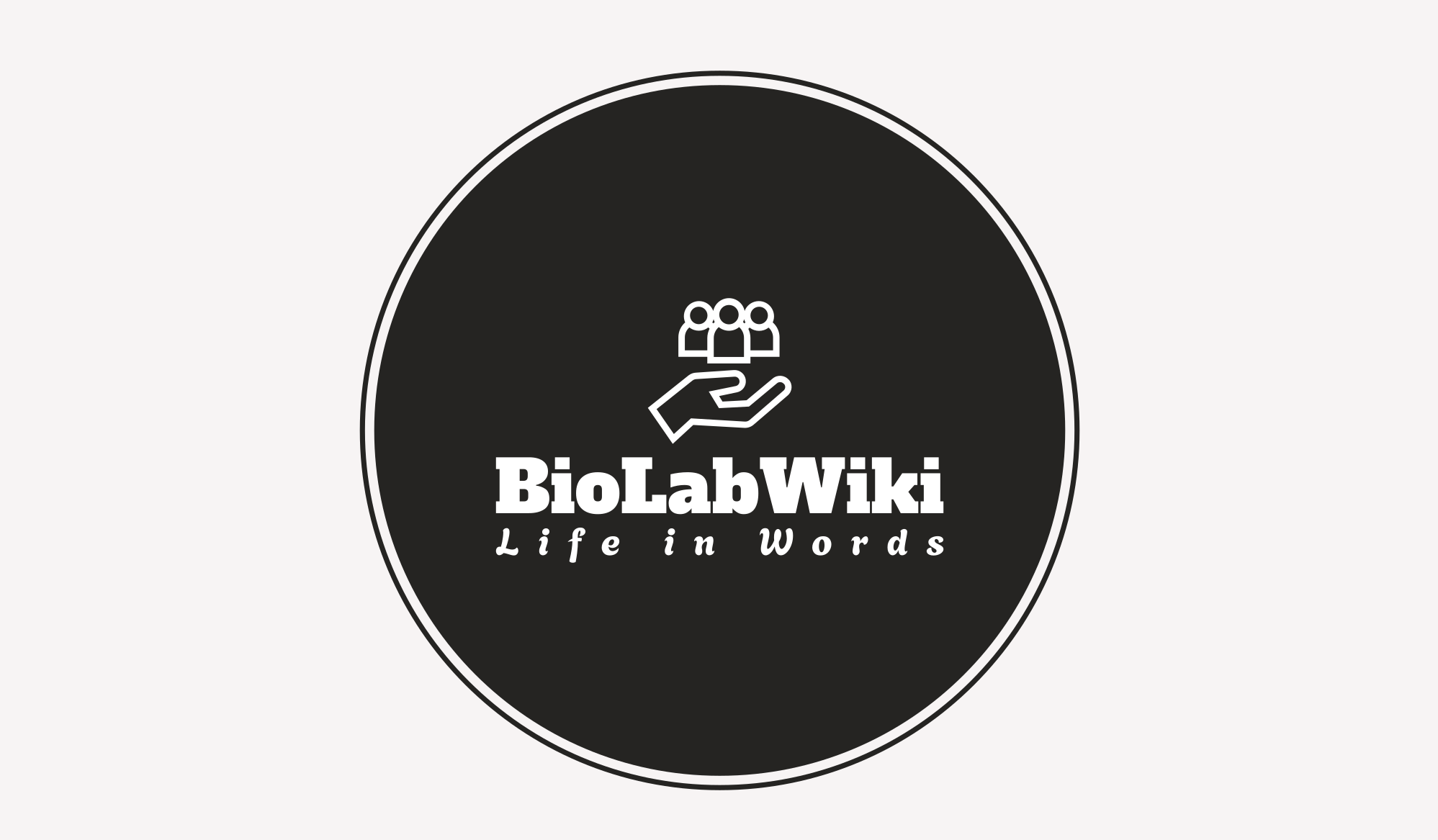Navigating the aftermath of a loved one’s passing involves more than emotional recovery—it often brings legal, financial, and administrative hurdles. One topic you may encounter is the option to access your future inheritance before the estate is fully settled. In this article you’ll find a thorough, approachable guide to how this mechanism works, when it might make sense, and what factors to watch out for.
Understanding the Probate Process and Why It Matters
First, let’s clarify how the estate settlement (probate) journey typically unfolds. When someone passes away, their estate goes through a legal process to settle debts, validate a will (if there is one), appoint an executor or administrator, and then distribute assets to heirs. This process can vary widely in duration depending on the complexity of the estate, the presence of real estate, creditor claims, or family disputes. Legal commentary describes probate as “the process through which a will is proved in court and the estate is administered.”
Because the wait can stretch into many months—or even more than a year—some heirs find themselves needing access to funds while their share remains tied up in court. That’s where alternatives for early access to inheritance come into play.
What Exactly Is an Inheritance Advance?
An inheritance advance (sometimes called a cash advance on inheritance) offers a way for an heir to obtain a portion of their expected share before the final distribution occurs. In plain terms: you expect to inherit something once probate is done; an advance provider gives you part of it now, and then they recoup from your final share when the estate distributes.
Key features include:
- You usually don’t take on a personal monthly obligation like with a typical loan because the advance is repaid from your eventual inheritance, not out of your personal earnings.
- Credit score checks and personal qualification may be minimal since the provider is relying on the estate’s assets and your beneficiary status.
- You receive funds sooner—sometimes within days—rather than waiting until the estate is fully administered.
Yet as with many financial options, there’s a trade-off. Getting money early often means giving up a larger portion of your inheritance than you might like.
How the Process Typically Plays Out
Here’s a simplified overview of typical steps in obtaining an advance:
- You, as an heir, reach out to a funding company with details about the estate: the probate case number (if open), your expected share, value of assets, etc.
- The company reviews paperwork: death certificate, will (if applicable), executor appointment, inventory of assets, and the status of the case.
- The provider makes an offer: they advance you a sum now in exchange for the right to receive a fixed portion of your inheritance at settlement.
- You accept (or reject) the terms. If you accept, you receive funds. When the estate closes, the company takes its share directly from the distribution, and you receive the remainder.
For example: If you’re expecting $100,000, a provider might offer you $25,000 today, and later claim $30,000 from your inheritance once the estate is settled. The difference covers the cost of advancing the money early.
When Might This Be Worth Considering?
Here are scenarios where it could make sense to explore an advance:
- You urgently need funds (for example burial expenses, outstanding medical bills, or maintaining property) and waiting on the estate settlement is financially burdensome.
- The estate is expected to be tied up for a long time (maybe due to property in multiple states, contested will, or complex assets) and you prefer accessing some money now rather than later.
- You have limited alternative options for short-term financing: your credit might be weak, or you don’t want to take on debt personally. Because advance companies often don’t require monthly payments or credit checks.
If you’re in a relatively comfortable financial position and can wait for the distribution, then the benefit of waiting may outweigh the cost. The key is weighing urgency vs cost.
The Cost and Trade-Offs You Should Know
It’s important to be realistic about what you’re giving up to get money early. Some of the key points on cost and risk:
- Because these advances aren’t highly regulated, there’s a wide variance in cost. Some heirs give up very large portions of what they might otherwise receive.
- There is no personal liability if the estate turns out smaller than expected—meaning you don’t owe money out of your pocket beyond what you’re assigned. But the downside: you receive less overall.
- Family dynamics may play a role: introducing an external funding company into the estate process may introduce complexity or tension among beneficiaries or with the executor.
- Because you’re essentially selling your future inheritance at a discount, it’s helpful to consider alternatives. Could you wait? Could you borrow another way temporarily? The decision should be mindful rather than automatic.
Comparing to a Traditional Inheritance Loan
It’s useful to contrast the advance option with a more familiar concept—a loan secured by your future inheritance.
- With a loan, you typically sign a contract, repay monthly, interest accrues, and if you fail to repay you may be personally liable.
- With an advance, you assign the future distribution (rather than personally borrowing), so your obligation ends once the estate pays out. No monthly payments are required.
In many cases the advance might carry less personal risk (no monthly repayments, no credit check), but the cost in terms of reduced inheritance might be higher. The best choice depends on your situation.
Practical Questions to Ask If You’re Considering the Option
Before moving forward, here are some smart questions to ask:
- What exactly is the fee or discount I’m giving up? (Ask for a clear illustration: “I receive X now, you collect Y later.”)
- How long do they estimate the probate process will take, and what happens to the cost if it takes longer?
- Are there any required monthly payments or hidden fees?
- Will the executor or administrator of the estate approve or have to sign off?
- What happens if the estate has less value than anticipated? Am I personally liable?
- Are there alternative borrowing or financing options (personal loan, home equity, wait-and-see) that might cost less overall?
Final Thoughts
While the idea of getting money now instead of waiting is understandably appealing, the decision should be made with full awareness of the cost, impact, and alternatives. Accessing your expected inheritance early can be a vital lifeline in certain circumstances—but it’s not without trade-offs.
Take your time if you can. Use clear examples. Consult with an estate attorney or financial professional. By choosing wisely you’ll feel more confident about whatever route you take.
Understand your rights, know the numbers, and make the choice that aligns with both your immediate needs and your long-term interests.



